What is Fado - Discovering the Portuguese soul by Reeta Raman
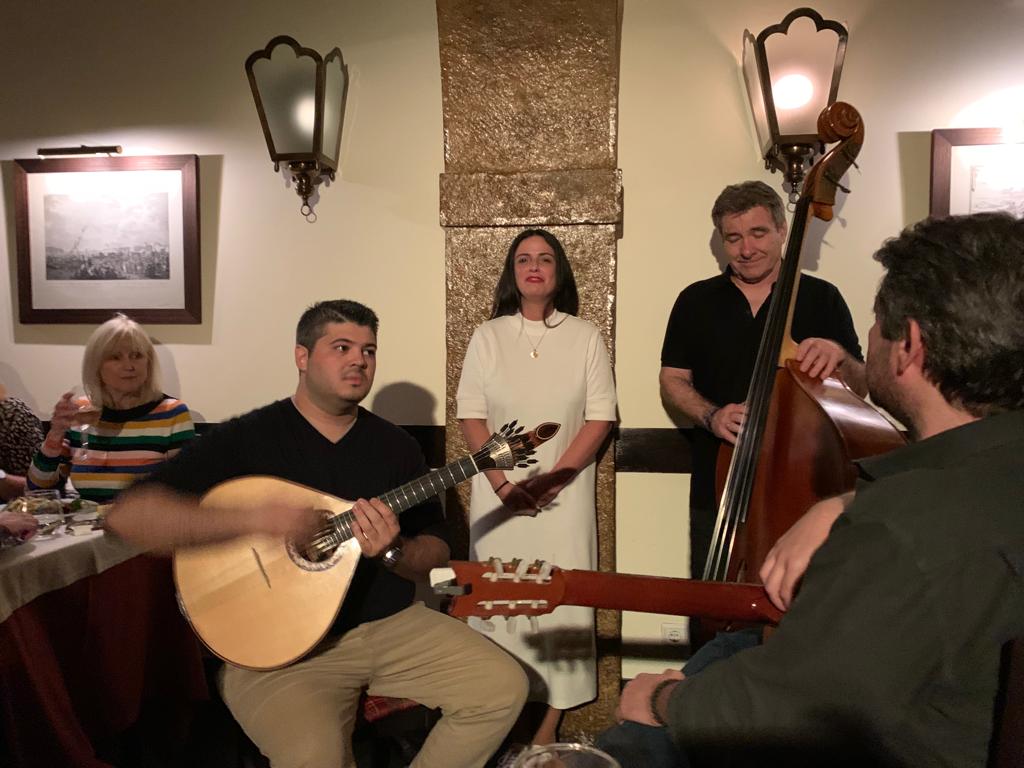
Clube de Fado in Lisbon, Portugal.

Eyes closed, head tilted back, Carlos Leitão bellows as he fills the air with saudade, a melancholy, wistful lament.
Next to him, two musicians pluck the traditional pear-shaped Portuguese guitar and the double bass as the black-clad, 43-year-old singer’s voice reverberates through the stone arches of Clube de Fado – one of the most renowned fado houses (Portuguese footballer Cristiano Ronaldo is known to dine here), in the Moorish Alfama district of Portugal’s capital, Lisbon. Once a close-knit fishing community, Alfama is now the heart of Lisbon’s travel industry.
When a group of Canadian tourists dared to whisper during the song, the pudgy guitarist glared, and when that failed to stop the giggles, he shushes them. “Silence please!” because as Leitão later explains, singing “is a kind of prayer for a fado singer.”
This is the ritual of fado, performed every night with varying degrees of authenticity and kitsch across fado houses in Lisbon.
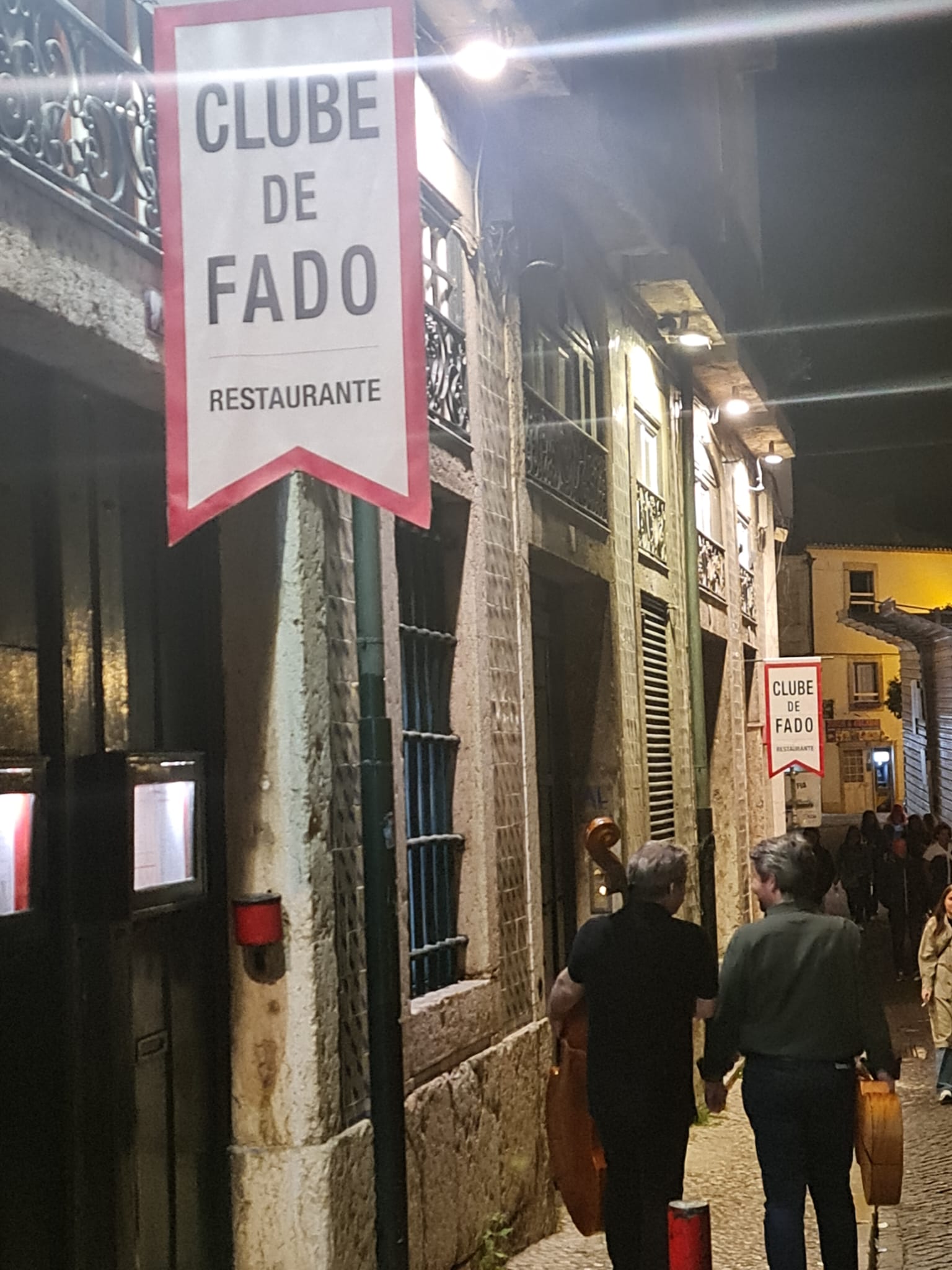
At night, the fado houses in Lisbon’s medieval Alfama district come alive.
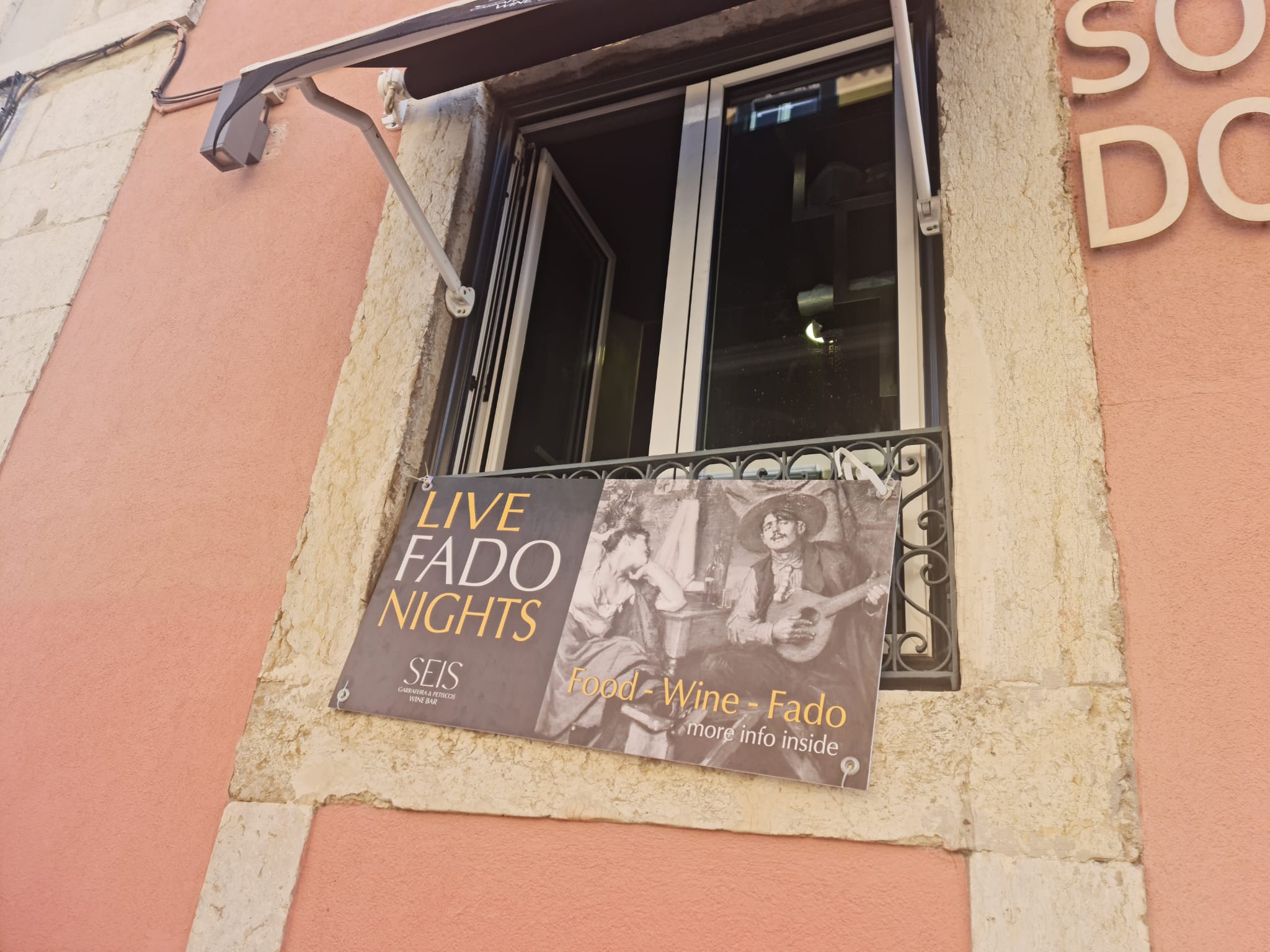
Fado or fate is believed to have originated in Lisbon around 200 years ago, although there is considerable debate about its origins, with some tracing it back to the Moorish invaders, while others say it emerged from songs sung by Brazilian slaves and homesick Portuguese sailors.
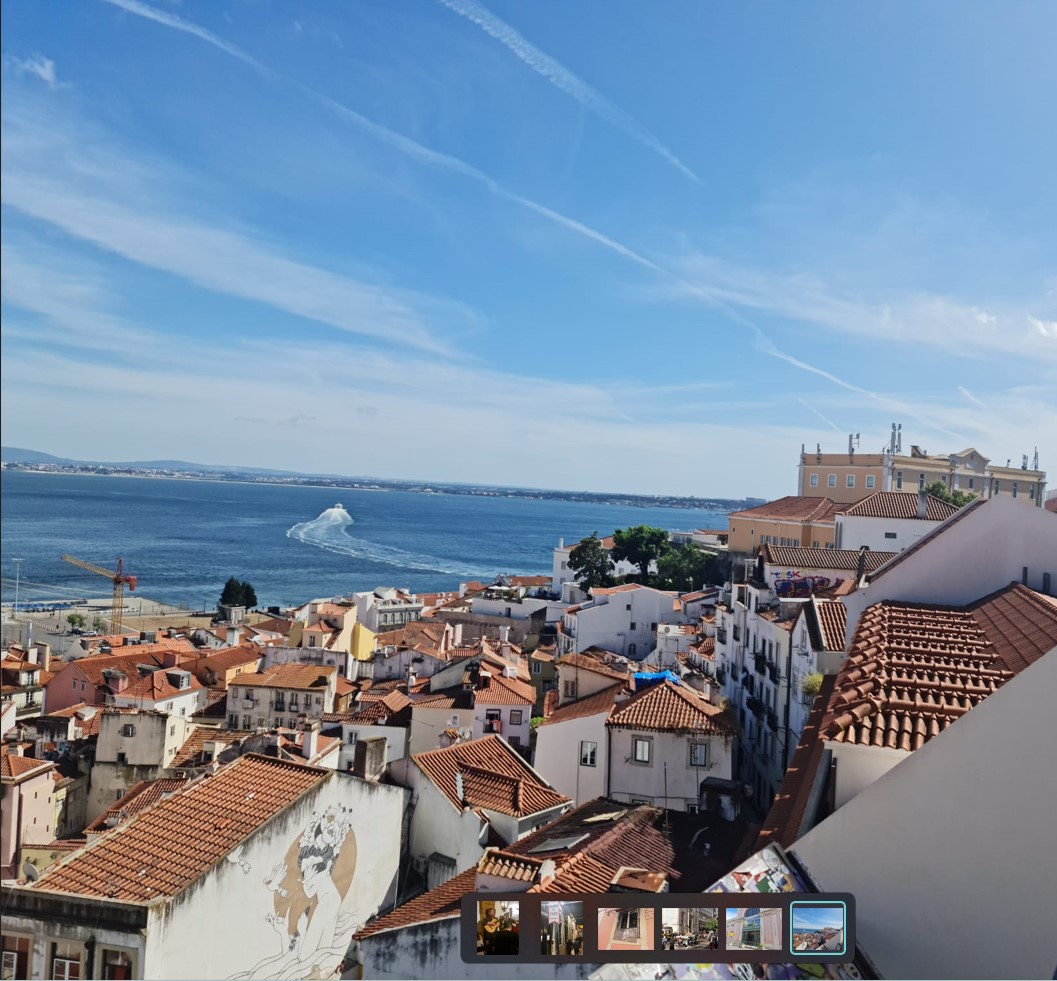
In the late 1800s, fado was sung by sailors mourning life’s hardships and pining for love lost.
Three hours away from the capital, another fado variation emerged in the university town of Coimbra – typically sung by male university students wooing their female counterparts. Students have sung on the streets of Coimbra since the 16th century, and if you’re lucky enough, you might get to hear them at night at the cafes below the University of Coimbra, a UNESCO World Heritage Site.
But it is in Lisbon where the roots of fado run deep, but not before falling out of favour for some time. This was partly because fado was associated with the era of fascist dictatorship that dominated Portugal till 1974, but the 21st century brought renewed appreciation for the musical genre.
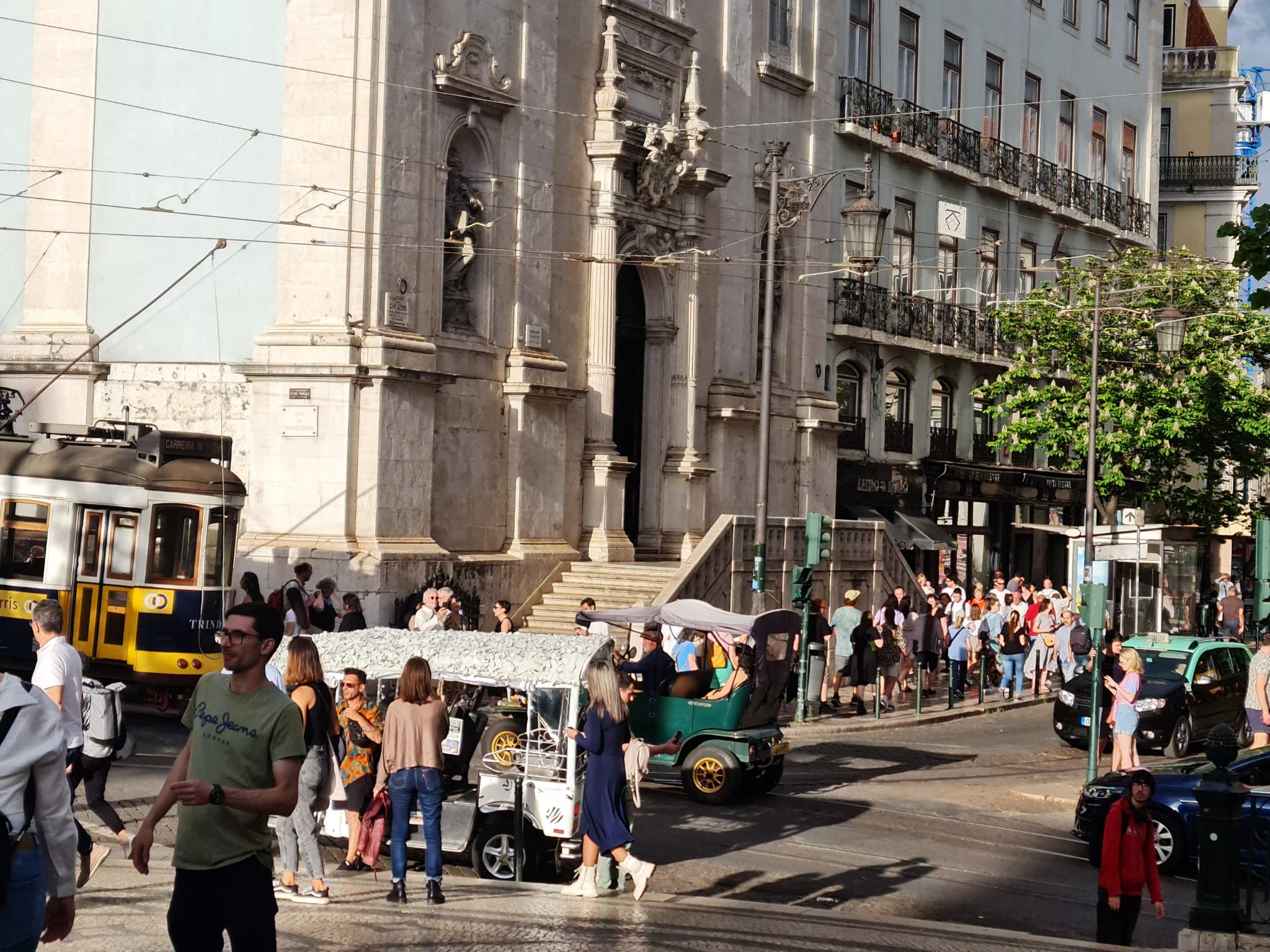
Lisbon, Portugal.
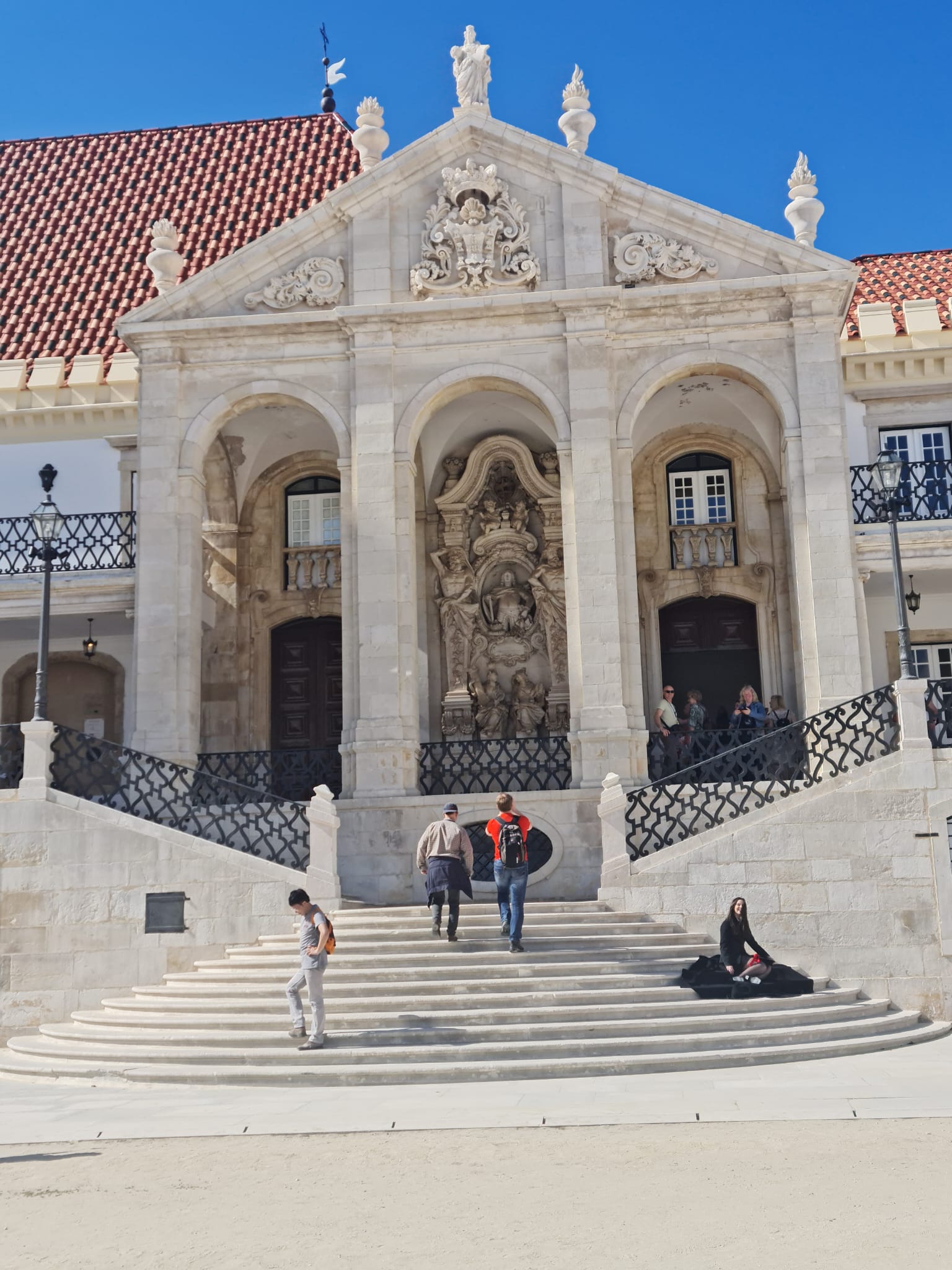
Students at the University of Coimbra.
Often described as Portugal’s version of the blues, themes of passion, betrayal, hardship, melancholy, and loss are deeply ingrained in the music. “Fado is life,” explains Evelise Domingues, my local tour guide. “When my husband passed away, I raised my children alone, and the saudade from fado was what got me through.” “You cannot explain fado,” another local tells me earnestly. “It is from the heart.”
The Portuguese singer Amália Rodrigues, who died in 1999, has been credited for making the musical genre famous. “The Portuguese invented fado,” she was quoted as saying, “because we have a lot to complain about.”
So, when night settles over Alfama’s maze of cobbled streets, the neighbourhood’s fado houses come alive. Servers deliver bowls of caldo verde (traditional cabbage soup), plates of roasted sausages, steak with smoked ham and fried potatoes, and bottles of wine. Between the feasting, every 20 minutes or so, fadistas or fado musicians take turns weaving tales of gut-wrenching loss into soulful melodies, just like Lina, a fadista at Clube de Fado.
The 40-year-old, who goes by a single name, begins her set that night by gently nudging us to “feel the words – better for you, better for me,” before erupting into ballads that see her squeezing emotion out of every verse - from playful up-tempos to tearful pleas and aching saudade.
So serious are the Portuguese about fado that they built a museum in Alfama dedicated to preserving its heritage. The Museu Do Fado offers the uninitiated a history of the genre’s evolution, with old photographs, sheet music, traditional guitars, and television and film excerpts. It also conducts seasonal concerts and presentations. In 2011, fado was recognised by UNESCO as an “intangible cultural heritage of humanity”.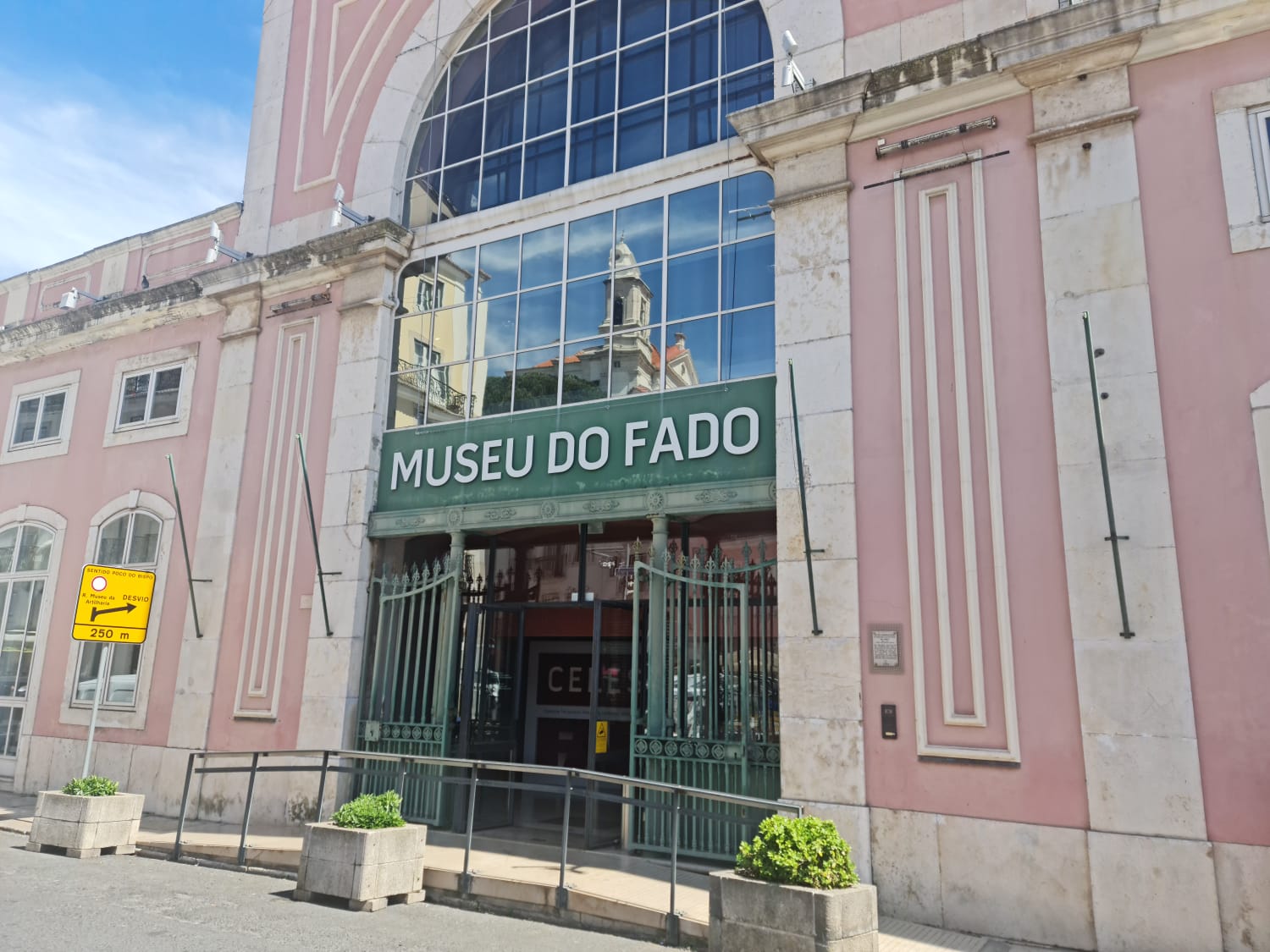
Fado music is one of Portugal's best cultural exports.
Shortly before Leitão began his penultimate set that night at Clube de Fado, his commentary drew chuckles from the audience, “Maybe not a few years ago, but nowadays, with more grey hair, I like how melancholy fado is. It is like life, yes?” The audience nodded, enraptured.
*Reeta Raman was part of the 25-member Singapore Press Club delegation that visited Portugal recently.
Portugal's National Day is on 10 June, and in celebration of it, the Embassy of Portugal in Singapore and the Portuguese community also staged a Fado concert at the Esplanade Recital Studio on 7 June 2023.
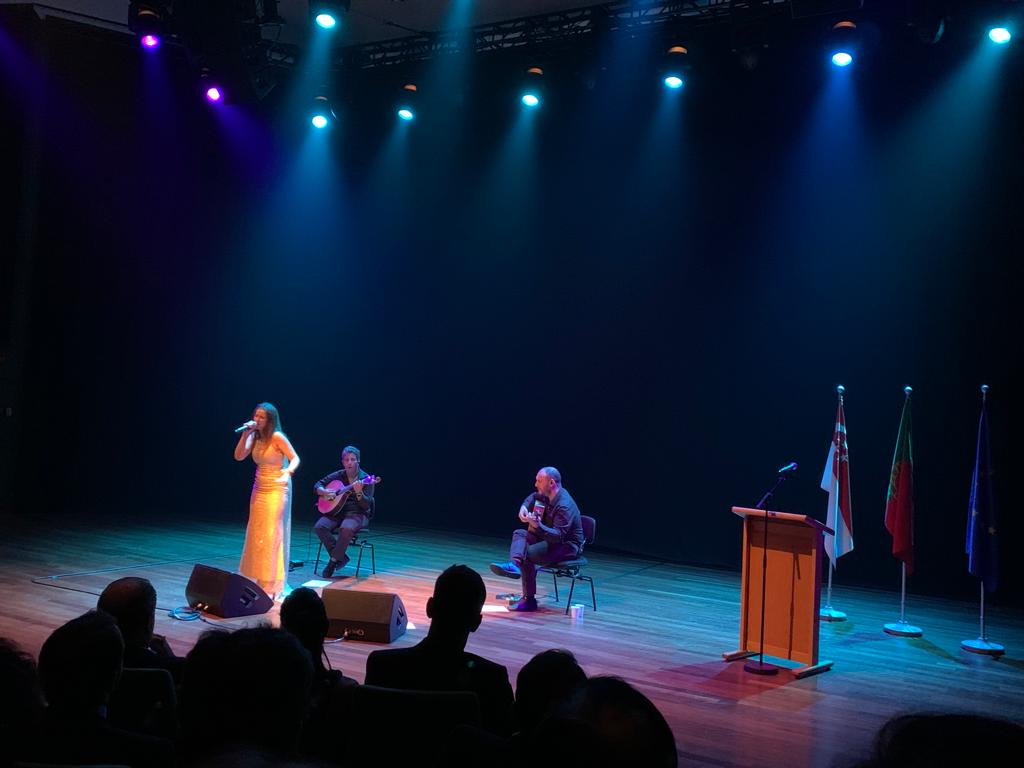
*Pictures by Reeta Raman and Janet Ng
